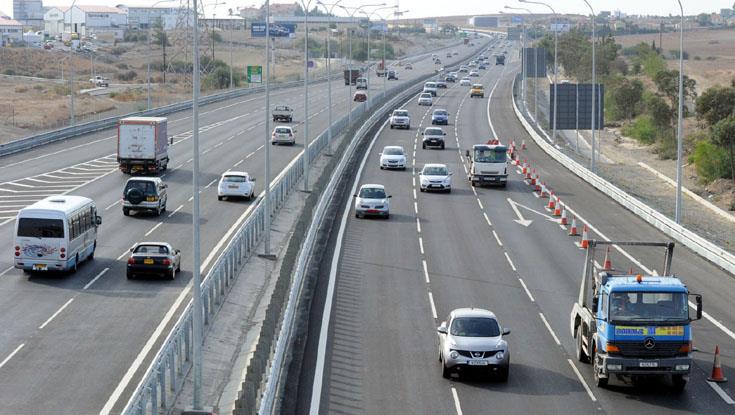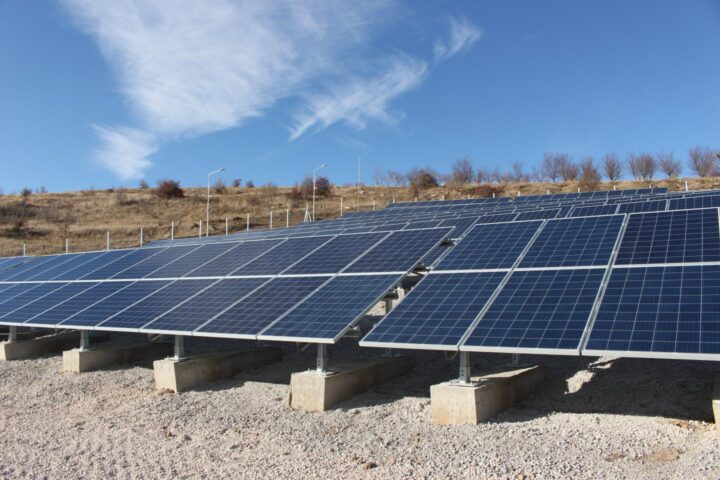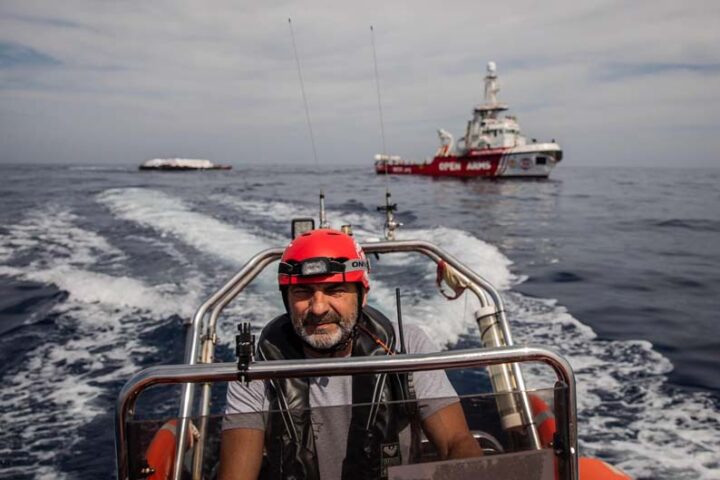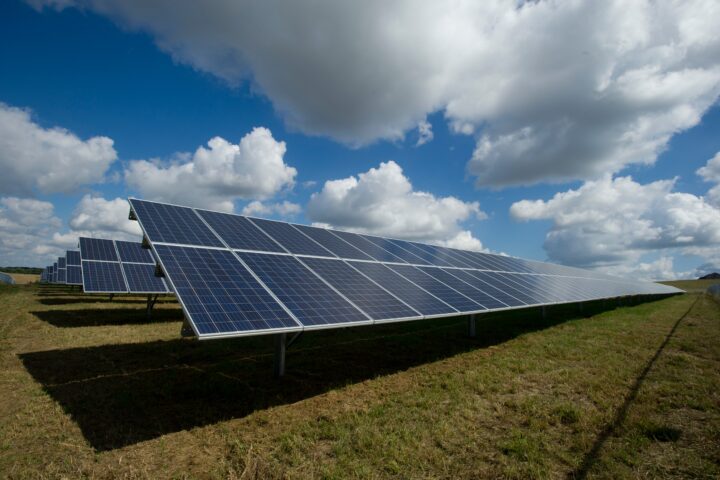Rising electricity prices and spiralling fuel costs burden consumers and small businesses on an island far behind a green and sustainable economy curve.
Discussions in recent weeks, as retail fuel costs spiralled to €2 a litre, have been divided on whether the government should slash the tax at the pump to relieve household budgets and professionals or whether Cyprus should focus on energy-saving.
The latter is wishful thinking, especially without a decent national public transport network.
The bus companies are doing their best to introduce some new routes, tweaking their schedules.
It’s nice talking about introducing more bus lanes and penalising motorists as a disincentive from using their cars.
Still, if there are no good roads to accommodate the increase in cars and fewer parking spaces available, thus reducing emissions, the problem will not be solved. Short term or long term.
Cycle paths and encouraging more electric modes of individual or mass transport need to have the infrastructure first.
And with energy giants not anticipating the reduction of crude prices below $100 a barrel soon, and comparable costs of natural gas used for power generation (to energise electric bikes and cars) remaining high, Joe Public will prefer to use the gas-guzzling car to take the children to school, tutoring in the afternoons, sports activities, and shopping.
Introducing a tram system is financially unsustainable because major towns do not have a stable road network to accommodate it.
Should we spend billions developing such a system just for the sake of doing it, not realising the additional cost will be borne by future generations of taxpayers?
Before Cyprus comes up with another ‘plan for the future’, actions are needed today. And these must be realistic and easy to implement.
The government keeps delaying a discount on retail fuel costs, not realising that the only benefit from collecting these pump-based taxes is to keep the public payroll in the black.
The chain effect on consumers, whose wallets are getting thinner by the week, seems insignificant, especially with elections just seven months away and no one willing to clash with any labour groups.
However, subsidies should be increased for the public to use the bus network even more.
If state officials do not encourage this use by setting a permanent example, why should the ordinary consumer opt for taking the bus?
If Cabinet Ministers cannot fathom the idea of going around in a hybrid mid-sized saloon or (God forbid) cycling to work, why should we?
But simple and quick solutions can be fast-tracked and introduced within months, if not weeks.
One example has been the hesitation with which grants are given to households to install photovoltaic panels, which would be a major boost to generating solar and RES-based power at a fraction of the cost of the Electricity Authority.
At the same time, the EAC has been reluctant to install more PV panels in schools in a deal with the Ministry of Education.
Many such buildings will remain closed throughout July and August and will generate abundant solar energy.
Why, then, does the EAC not double or even triple the number of PV panels on rooftops, thus drastically increasing the contribution of this cheapest form into the national energy mix?
Surely, this will help reduce the national cost of power generation, with a trickle-down effect for ordinary households and consumers.
You don’t need 10 and 15-year plans to take simple and practical decisions today with immediate impact.










